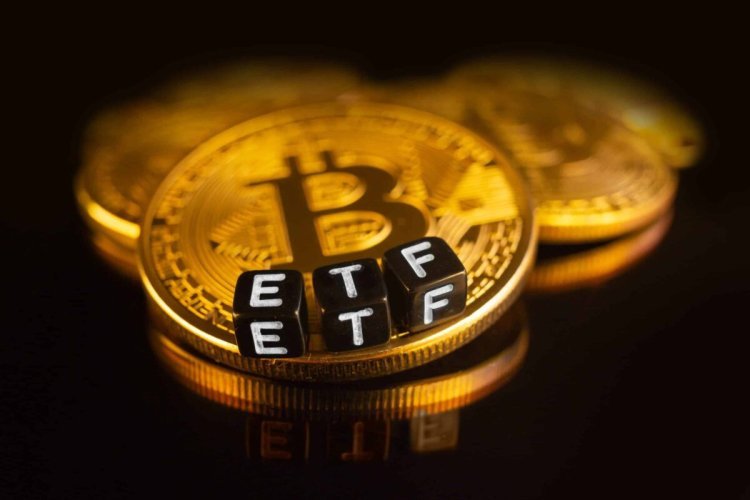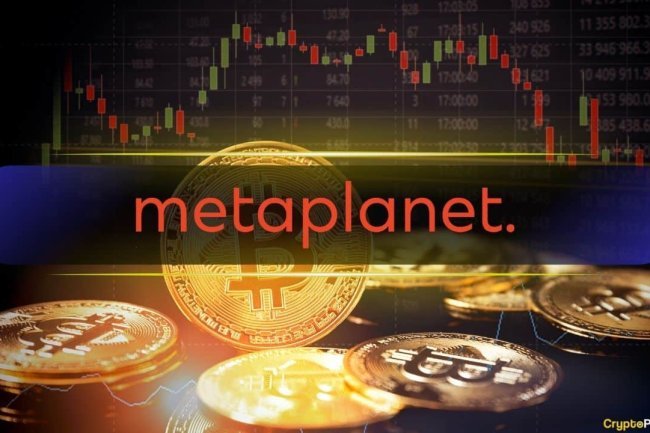European Central Bank Accuses Early Bitcoin Investors of Exploiting New Entrants, Calls for Regulatory Action
The European Central Bank (ECB) claims early Bitcoin investors are profiting at the expense of newer buyers, calling for strict regulations or a ban. The report warns of potential social unrest due to wealth inequality but faces criticism for ignoring Bitcoin’s role as an inflation hedge.

European Central Bank Accuses Early Bitcoin Investors of Exploiting New Entrants, Calls for Regulatory Action
A new report from the European Central Bank (ECB) argues that early Bitcoin investors are profiting at the expense of newer market participants. According to the paper, Bitcoin’s decentralized nature and limited supply have resulted in an uneven wealth distribution where early adopters benefit while newer buyers face financial disadvantages.
The ECB researchers suggest that strict price controls or even a complete ban on Bitcoin might be necessary to prevent what they describe as an unfair system of wealth transfer. The paper contends that this situation could lead to broader social unrest, as non-Bitcoin holders may begin to push for legislative measures against the cryptocurrency to halt price increases or eliminate it altogether.
Concerns Over Wealth Inequality and Criminal Activity
In addition to concerns over wealth distribution, the report highlights Bitcoin’s use in illegal activities, citing prior studies that associate the cryptocurrency with criminal transactions. However, this assertion contrasts with a May 2024 report from the U.S. Treasury Department, which found that fiat currency is still the most common medium for illicit financial activity, far surpassing Bitcoin or other cryptocurrencies.
Interestingly, the ECB paper omits a discussion on why Bitcoin’s value has risen since its creation in 2009. Bitcoin’s pseudonymous creator, Satoshi Nakamoto, designed it as both a decentralized payment solution and a hedge against inflation in fiat currencies. The cryptocurrency’s capped supply of 21 million coins has played a significant role in driving its price, especially as governments worldwide have expanded their money supplies.
Criticism of ECB’s Omission of Inflation Context
Critics of the ECB’s stance argue that the report fails to consider the broader context of global monetary inflation. For instance, public sector debt in the UK soared to nearly 98% of GDP by 2024, its highest level since the 1960s. In the United States, national debt reached a staggering $35 trillion, with the M2 money supply increasing by 41% since 2020.
While the ECB claims Bitcoin lacks intrinsic value, it also portrays the cryptocurrency as a destabilizing threat. This perspective ignores the inflationary environment that Bitcoin was created to counteract. As fiat currencies lose purchasing power, Bitcoin continues to attract attention as a store of value from both institutional and retail investors.
Growing Interest in Bitcoin and Crypto-Related Investments
The rising interest in Bitcoin is further evidenced by a survey commissioned by Charles Schwab, which revealed that 45% of U.S. investors plan to invest in cryptocurrencies through exchange-traded funds (ETFs) over the next year, an increase from 38% the previous year. Demand for cryptocurrency investments has now outpaced bonds and alternative assets, trailing only U.S. equities in popularity, with 55% of respondents intending to invest in stocks.
Millennial investors show even greater enthusiasm for crypto, with 62% planning to allocate funds to the sector, compared to 48% for U.S. stocks, 47% for bonds, and 46% for real assets like commodities. This surge in interest highlights the growing prominence of Bitcoin and cryptocurrencies in the financial landscape, despite regulatory challenges and concerns raised by institutions like the ECB.
Click Here to Visit
What's Your Reaction?
















